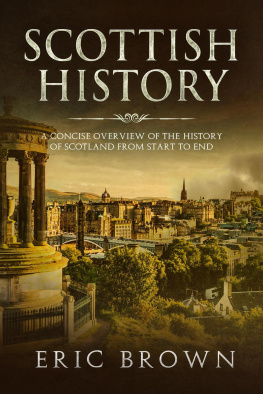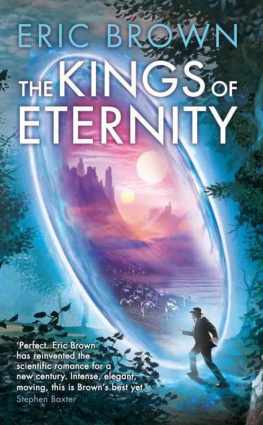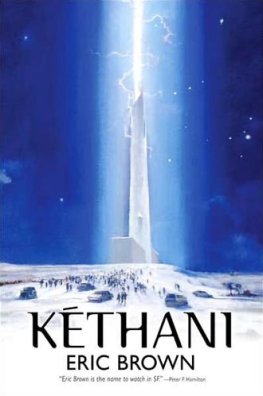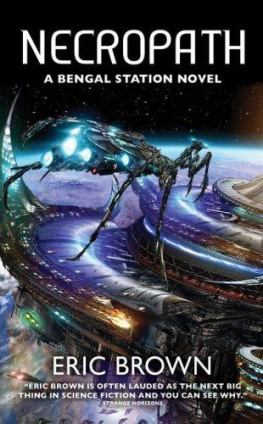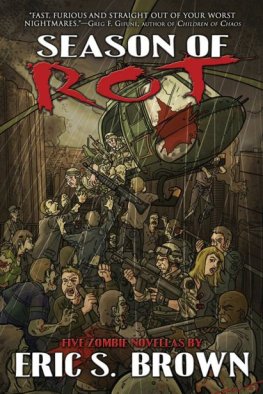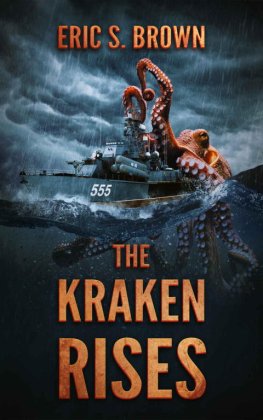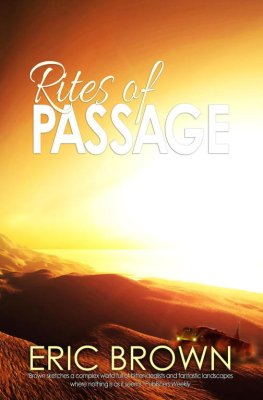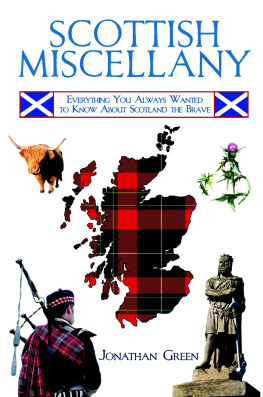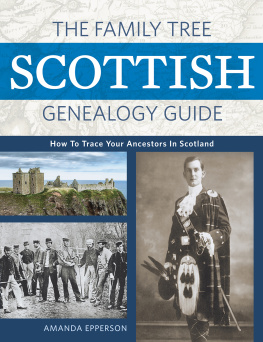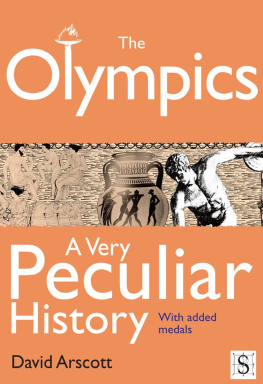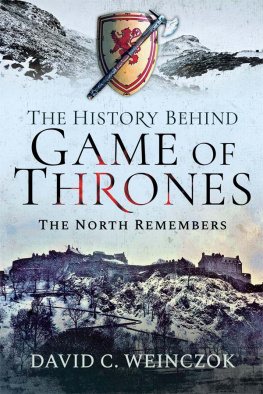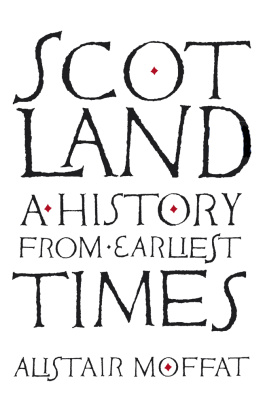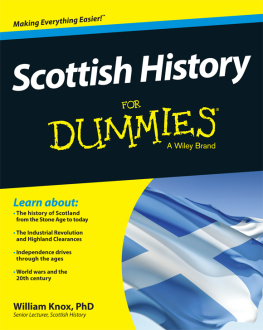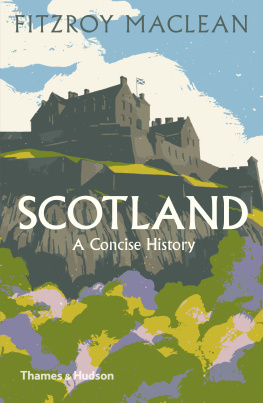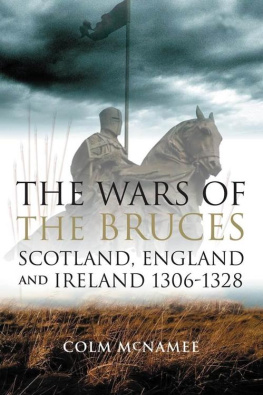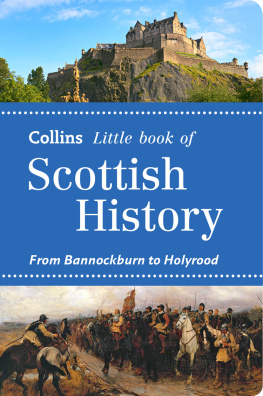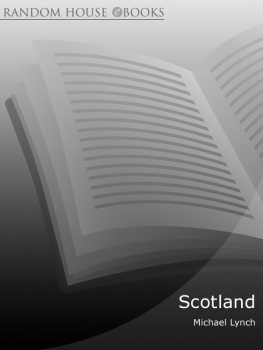Scottish History
A Concise Overview of the History of Scotland From Start to End
Table of Contents
Copyright 2019 by Eric Brown - All rights reserved.
The following eBook is reproduced below with the goal of providing information that is as accurate and reliable as possible. Regardless, purchasing this eBook can be seen as consent to the fact that both the publisher and the author of this book are in no way experts on the topics discussed within and that any recommendations or suggestions that are made herein are for entertainment purposes only. Professionals should be consulted as needed prior to undertaking any of the action endorsed herein.
This declaration is deemed fair and valid by both the American Bar Association and the Committee of Publishers Association and is legally binding throughout the United States.
Furthermore, the transmission, duplication or reproduction of any of the following work including specific information will be considered an illegal act irrespective of if it is done electronically or in print. This extends to creating a secondary or tertiary copy of the work or a recorded copy and is only allowed with an expressed written consent from the Publisher.
All additional rights reserved.
The information in the following pages is broadly considered to be a truthful and accurate account of facts, and as such any inattention, use or misuse of the information in question by the reader will render any resulting actions solely under their purview. There are no scenarios in which the publisher or the original author of this work can be in any fashion deemed liable for any hardship or damages that may befall them after undertaking information described herein.
Additionally, the information in the following pages is intended only for informational purposes and should thus be thought of as universal.
As befitting its nature, it is presented without assurance regarding its prolonged validity or interim quality. Trademarks that are mentioned are done without written consent and can in no way be considered an endorsement from the trademark holder.

T he very idea of Scottishness is inseparable from an opposition to Englishness. Englands influence on its northern neighbor after it became the most powerful political force in the British Isles by 1100 cannot be understated. However, Scotland has long insisted on being a separate country on a shared island. Historical fact and myth have been resolutely channeled into the creation of a distinct national identity over the centuries.
For the majority of human history, however, there was no Scotland, Wales, Ireland, or England to speak of.[2] Scotland is derived from the Latin Scotia, which means land of the Scots.[3] The Scots were a Celtic people of Irish origins who decided to settle on the west coast of Great Britain during 5th century AD. The people who inhabited Scotia, which only meant the entire kingdom north of England during Alexander IIs reign, were certainly not monolingual or monocultural. As the Scottish language slowly became the lingua franca of the entire nation, it had to coexist with Celtic, Gaelic, and Norwegian.
Before a national identity was forged through the trauma of invasion and years of painful resistance, local, regional, and dynastic identities and affiliation had more meaning and relevance to everyones daily lives. When roads and advanced technologies for communication did not exist, everyones existence was rooted in their immediate surroundings. Identities were formed based on the specific physical geography that individuals, families, and clans found themselves in. Scotlands terrain is mostly rugged and subject to weather extremes, but this challenging landscape also possesses a striking beauty and the capacity to facilitate the evolution of a fiercely unique culture.
Scottish folklore has perpetuated the idea that the Scots have never been conquered. The Scots have certainly fought bravely against conquest from various foreign powers, but they also have a mixed track record. It is true that the Romans eventually abandoned their attempts to conquer Scotland (which was then known as Caledonia) and decided to simply build walls to keep the barbaric tribes up north from attacking them. In the tenth century, the Scots managed to fend off a Danish invasion, but only with English aid. This dependency meant that the English ruler could define himself as father and lord of the king of Scots.
Chapter 1: Medieval Strife

R obert VII was born on July 11, 1274, probably at Turnberry Castle in Ayrshire. His parents had met and married the previous year on his father's return from crusade after Robert VI brought Marjorie news of her husband's death on that same military campaign. Though it was a politically advantageous marriage, bringing together a family of grand title and one of great power, it seems to have been motivated by love. Young Robert was the first of eleven children - five sons and six daughters - who would between them come to include a King of Scotland, High King of Ireland and Queen of Norway.
As noble families went, the Bruces were something of a powerhouse. Robert Bruce was a descendant of both the Gaelic nobility native to Scotland and the Anglo-Norman nobility that had become increasingly powerful in Scotland since the Norman conquest of England in 1066. Like many nobles of the period, he was descended from royalty, in his case King David I of Scotland, to whom he was connected on his father's side. First becoming established in Scotland in the early 12th century, the Bruces had come to dominate the southwest of the country, becoming one of the most powerful magnate families.
In fact, the future King Robert was one in a long line of men named Robert Bruce - alternatively Robert de Brus or Robert de Bruce, in the shifting spellings and naming conventions of the period. His grandfather and head of the family was Robert Bruce V, Lord of Annandale, the family's traditional base of power. His father, Robert Bruce VI, had married the widowed Marjorie, Countess of Carrick, and so become Earl of Carrick. This made him technically superior in rank to Robert V, but the Lord of Annandale remained leader of the Bruces.

